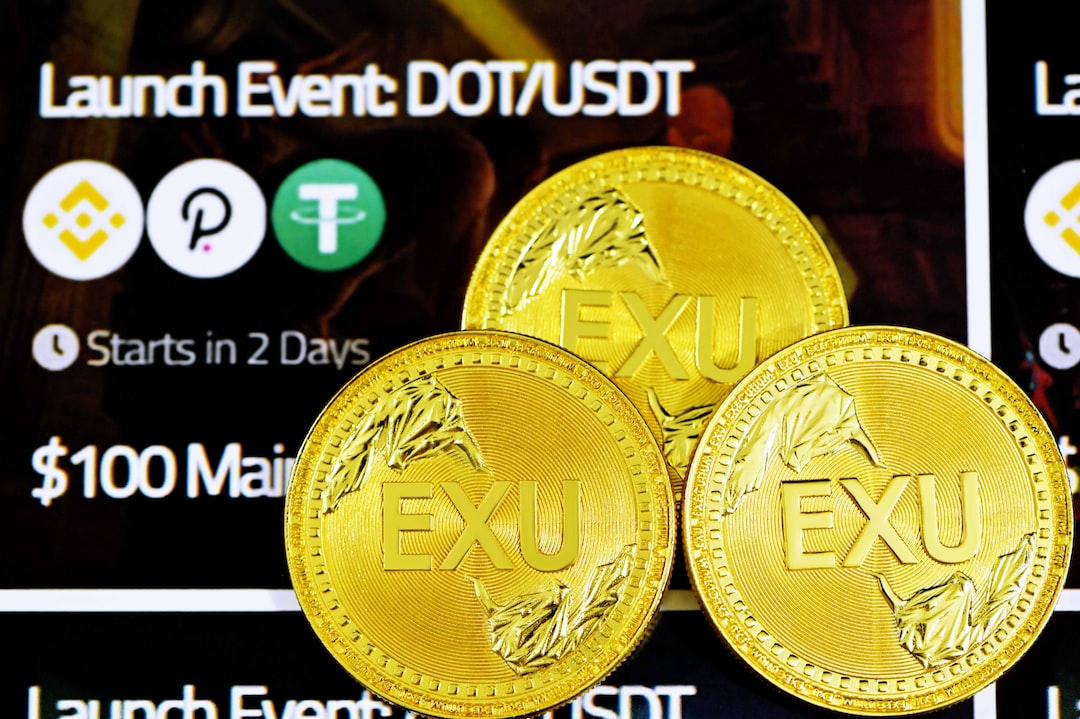The SEC Lawsuit and Ripple’s Setback in the US Market
- The SEC’s lawsuit against Ripple has had a significant impact on XRP’s potential adoption in the US market.
- Coinbase, a leading US cryptocurrency exchange, actively promoted XRP before regulatory challenges emerged.
- Coinbase sought clarification from the SEC regarding the regulatory status of XRP and proceeded to list it after receiving no objections.
- MoneyGram, a payment processing giant partnered with Ripple, also intended to integrate with the XRP Ledger but was halted due to the legal battle.
- The SEC’s lawsuit against Ripple raised questions about the regulatory landscape and the classification of cryptocurrencies in the US.
The Lawsuit as a Weapon and Impact on Adoption
- Despite industry stakeholders determining that XRP was not a security, the SEC’s lawsuit painted a different narrative.
- The lawsuit has hindered XRP’s adoption within the US, while Ripple has achieved success internationally.
- The evidence suggests that the lawsuit may have been part of a strategic approach by the SEC.
- The impact of the lawsuit on XRP’s adoption and the broader crypto market has been significant.
- It is clear that the lawsuit was used as a weapon, as evidenced by the actions and evidence uncovered over the past three years.
Hot Take
The SEC’s lawsuit against Ripple has dealt a significant blow to XRP’s potential adoption in the US market. Despite Coinbase’s proactive efforts to seek clarification from the SEC and the lack of objections raised, the legal battle has halted the integration of XRP into major platforms. The regulatory uncertainty surrounding cryptocurrencies in the US continues to be a challenge for token holders and industry stakeholders. The impact of the lawsuit goes beyond Ripple, raising questions about the nature of cryptocurrencies and their classification. It is evident that the lawsuit was used as a weapon, hindering XRP’s adoption and impacting the broader crypto market.





 By
By
 By
By
 By
By
 By
By

 By
By